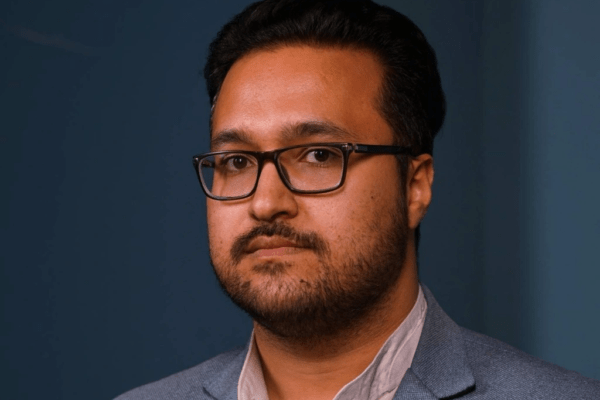
Geopolitics in Transition: Mohammad Khatibi on Iran, Multipolarity, and Middle East Security
Mohammad Khatibi discusses Iran’s foreign policy strategy, resistance doctrine, BRICS expansion, and shifting power dynamics in the Middle East.

Mohammad Khatibi discusses Iran’s foreign policy strategy, resistance doctrine, BRICS expansion, and shifting power dynamics in the Middle East.
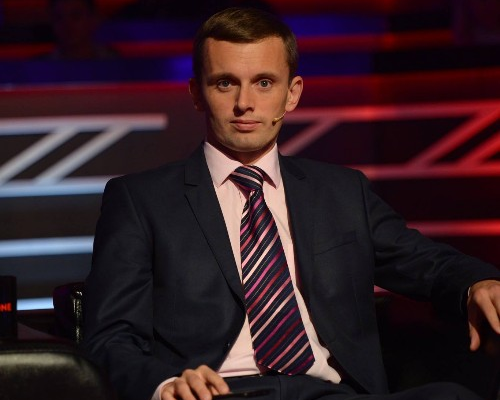
Leading Ukrainian analyst Ruslan Bortnik detailed interview on war, corruption, true sovereignty, and why Ukraine must stay independent from both Russia and the West.

In this exclusive IJ-Reportika interview, Pakistani human rights lawyer and LEAD Ministries founder Sardar Mushtaq Gill shares his powerful journey of faith, freedom, and justice. From facing blasphemy charges and persecution to defending Pakistan’s most vulnerable Christian communities, Gill reflects on resilience, displacement, and his mission to stand with the voiceless across borders.

Since 1989, Tibet Initiative Deutschland (TID) has been a powerful voice for Tibetan self-determination and human rights in Europe. In this in-depth interview, the Executive Director reflects on how TID has evolved into one of Europe’s most influential Tibet advocacy organizations—shaping German foreign policy debates, exposing China’s transnational repression, and amplifying Tibetan voices in the digital age. From fighting cultural genocide through awareness campaigns on colonial boarding schools to building international coalitions, TID continues to champion Tibetan rights despite growing global challenges.
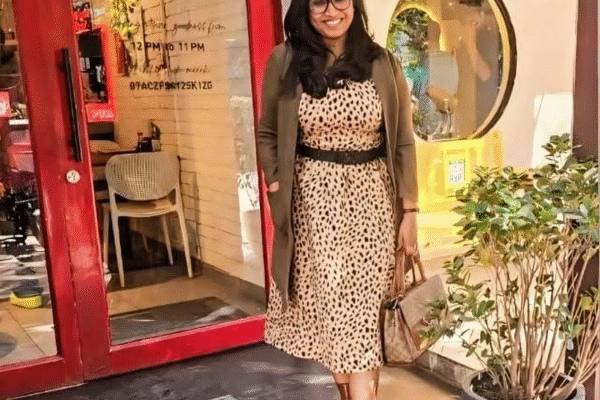
In this compelling interview, UN Fellow and founder of Silence to Heal, Jeethu Elza Cherian Chacko shares how her diasporic upbringing, motherhood, and passion for inclusive policy shape her work in global diplomacy, gender security, and trauma-informed advocacy.
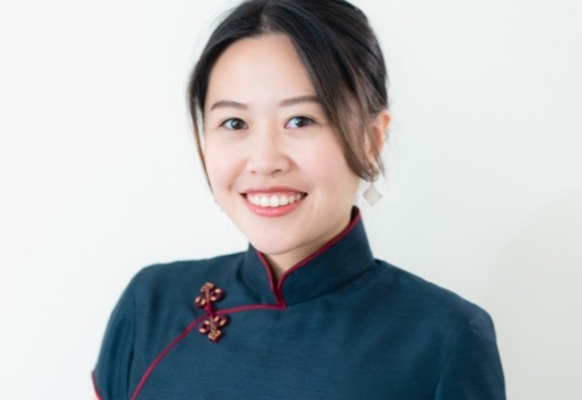
Discover how exiled advocate Carmen Lau navigates challenges and opportunities as a voice for Hong Kong’s democracy movement. From cultural initiatives like the Hong Kong March to global advocacy at the World Liberty Congress, Lau shares her resilience and vision for the future.

Sam Cooper of The Bureau shares insights into global corruption, geopolitical conflicts, the fentanyl crisis, and hybrid warfare. Learn how investigative journalism is uncovering hidden networks and influencing policy change.
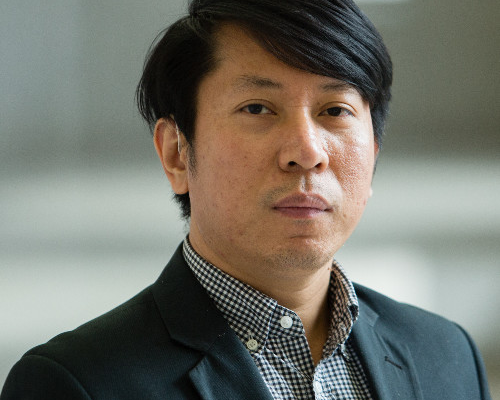
In an exclusive interview with IJ-Reportika, Lucio III Pitlo, a seasoned foreign policy and security analyst, shares his insights on the Philippines’ current foreign policy under the Marcos administration. He discusses the nation’s balancing act between major powers like the U.S., China, and Japan, ASEAN’s role in regional security, and how China’s growing influence impacts Southeast Asia. Pitlo also explores the challenges and opportunities facing the Philippines as it navigates complex geopolitical landscapes.
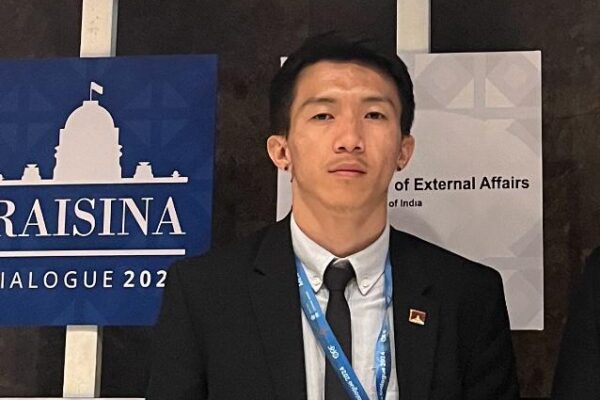
Interview with Rinzin Namgyal associated with FNVA on life in India, Tibet, Dalai Lama and peaceful struggle of Tibetans around the world.

An interesting Interview with Ivlynn Yap Cheng Theng who is serving as the Executive Chairman of the Citrine One Group.